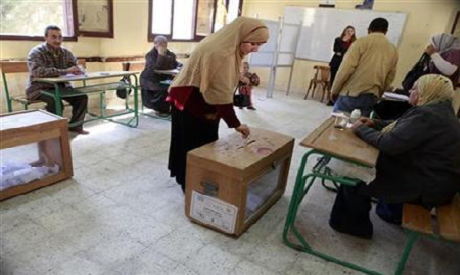By Paula Buzzi
Impunity Watch Reporter, South America
SANTIAGO, Chile — President Sebastian Pinera has been accused of attempting to “whitewash history” by his left wing opposition parties after the National Education Council formally announced its decision last week to refer to General Augusto Pinochet’s controversial rule as a “regime” rather than a “dictatorship” in school textbooks. The council had approved of this change in December during a special session but it became known to the general public only on Wednesday after an El Dinamo report.

Education Minister Harald Beyer defended the change on Wednesday stating that the decision to change the way textbooks refer to Pinochet’s rule was not politically motivated, but rather was based on the fact that “regime” is a more general term used around the world that would be better understood by children in the first through sixth grades.
“This has nothing to do with partisans or detractors. It is about using the same expression used in schools around the world, a more general term such as military regime,” Beyer stated. He added that he personally has no problem acknowledging Pinochet’s regime as a dictatorship.
Left-wing opposition parties, however, are outraged by the decision. During Pinochet’s rule from 1973 to 1990, over 3,000 members of the opposition were killed or disappeared and around 37,000 were tortured or illegally held. President Pinera’s majority in parliament relies in part on the backing of Pinochet’s former political base, the right-wing Independent Democratic Union.
According to the director of the Museum of Memory, Ricardo Bordsky Baudet, the term “Military regime” is a euphemism which hides something relevant. Deputy RN party president, Manuel Jose Ossandon believes history should be left to the historians. “If my father had been detained and disappeared, this change would be an insult to me,” he stated.
Senator Isabel Allende, whose father had been detained and murdered, believes the change is unacceptable. “It goes against all common sense, because the whole world knows that for 17 years what we had in Chile was a ferocious dictatorship with the most serious violations of human rights,” she said. Allende’s father, President Salvador Allende, was killed in 1973 when he was overthrown by Pinochet’s regime.
Former President Eduardo Frei also believes the change is a mistake. “History cannot be changed by a decree or a law. There is only one history and it is clear: it was a dictatorship, full stop.”
For further information, please see:
The Washington Post – Chile Replaces ‘Military Dictatorship’ With ‘Regime’ in Official Textbooks – 04 January 2011
BBC News – Pinochet “Dictatorship” Textbook Row Erupts in Chile – 05 January 2012
Herald Sun – Chile Downgrades Pinochet Era to a ‘Regime’ Rather Than a Dictatorship – 05 January 2012
The Financial Times – Chile Axes ‘Dictatorship’ From School Books – 05 January 2012
The Telegraph – Chile Accused of Airbrushing Augusto Pinochet History – 05 January 2012

